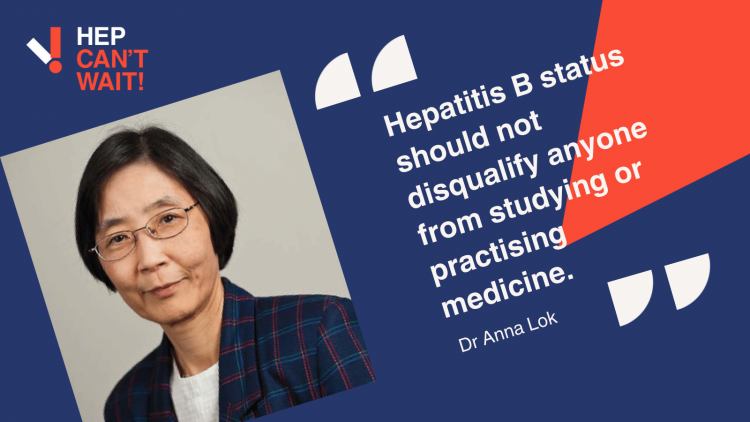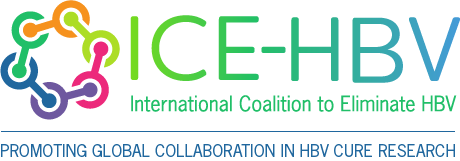Across the world, stigma and discrimination impact people living with hepatitis B, with careers and personal relationships affected. The impact of stigma and discrimination also affects families and communities and negatively impacts testing strategies. The Stigma Report released by WHA brings together the latest research on stigma and discrimination and the stories of the people and communities affected by hepatitis B. The report highlights the need to address hepatitis B stigma and discrimination so that no one has to suffer the additional consequences of living with hepatitis B.
Danjuma Adda, president-elect of WHA, whose own story features in the report, said. – “Stigma and discrimination can have a huge impact on the lives of people living with hepatitis B. It impacts our rights to work, to travel and to live our lives. The Stigma report shows that it is time to tackle this issue to protect the rights of the millions of people living with hepatitis B. We can no longer suffer in silence; the time for action is now.”
Two hundred ninety-six million people live with hepatitis B worldwide, and for many, their lives are made infinitely more challenging by stigma and discrimination. In a 2017 survey of WHA members, 93% of respondents indicated that hepatitis-related stigma and discrimination impacted people in their countries, yet little is being done globally to tackle the issue.
Cary James, CEO of the World Hepatitis Alliance said. – “This new report highlights the real need for action to tackle stigma and discrimination. Decision-makers must work alongside the people and communities impacted by hepatitis B, stamp out the stigma and discrimination, and support the people and communities affected. We can’t wait for action; stigma harms people every day and stops people from coming forward for testing and screening services, causing late diagnosis of hepatitis B, leading to liver cirrhosis and liver cancer. Early diagnosis means that effective care and treatment can be made available. Decision-makers must understand the need to address stigma and discrimination as part of efforts to eliminate hepatitis B.”
The new report gives clear policy suggestions to assist decision-makers in addressing hepatitis B stigma and discrimination. Key to the success of these is the engagement of the people and communities impacted by hepatitis B.
Download the report at www.worldhepatitisalliance.org/stigma
A webinar in December will bring together experts and people impacted by stigma and discrimination to discuss the issue and the actions needed to tackle stigma and discrimination. Sign up for the webinar at www.worldhepatitisalliance.org/registration

About WHA
The World Hepatitis Alliance is an international network of over 300 organisations in 100 countries. WHA represents the 350 million people living with viral hepatitis worldwide. WHA strives to support and promote the voices of the people and communities affected by viral hepatitis, to raise the profile of viral hepatitis and to establish comprehensive hepatitis strategies in all countries. Through better awareness, prevention, care, support and access to treatment, the ultimate goal is to work with governments to eliminate these diseases by 2030.
Find out more at www.worldhepatitisalliance.org
